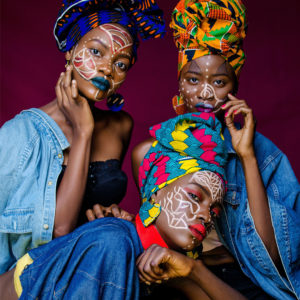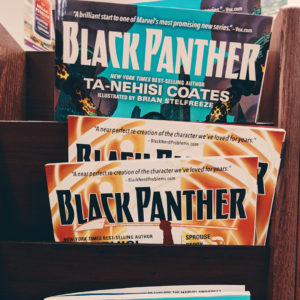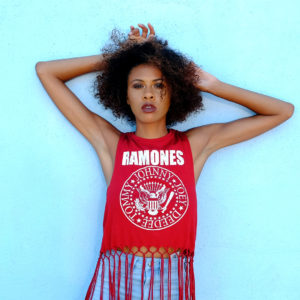We Know African-American Marketing
As an agency, some of our areas of expertise – notably health care and finance – are in categories where the African-American experience poses particular challenges for marketers. Navigating this legacy is essential if your brand is to establish itself as a trustworthy part of their lives.








